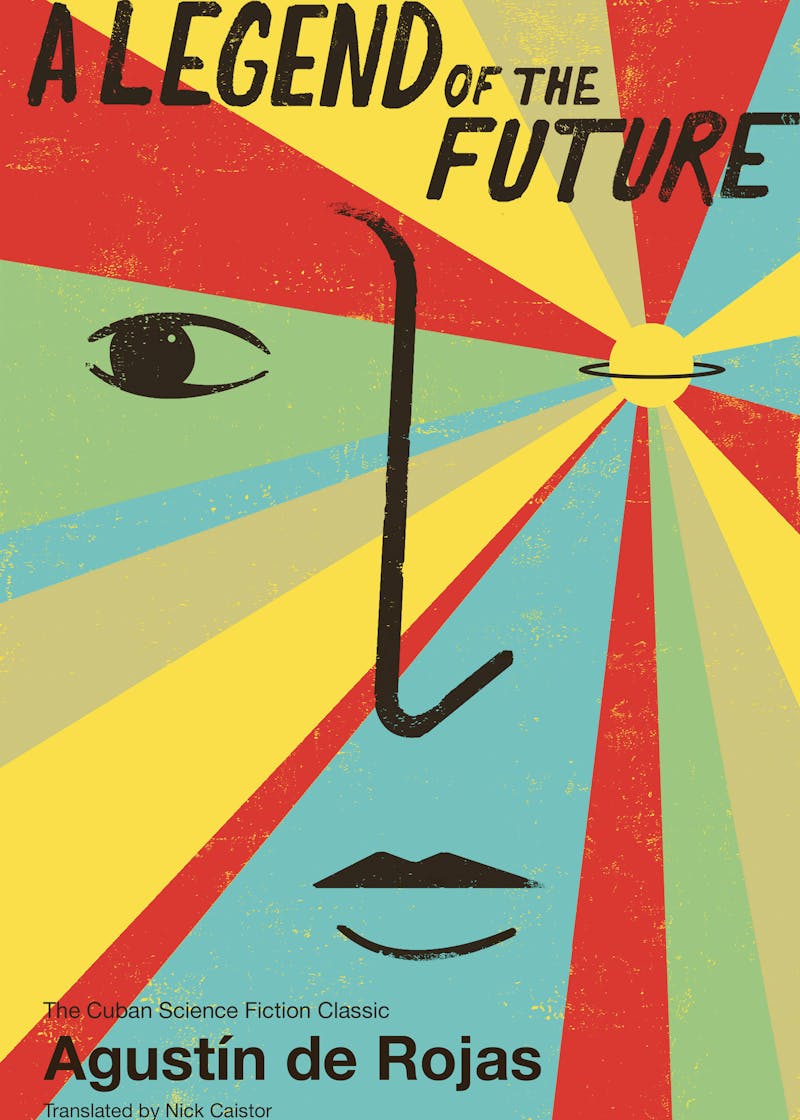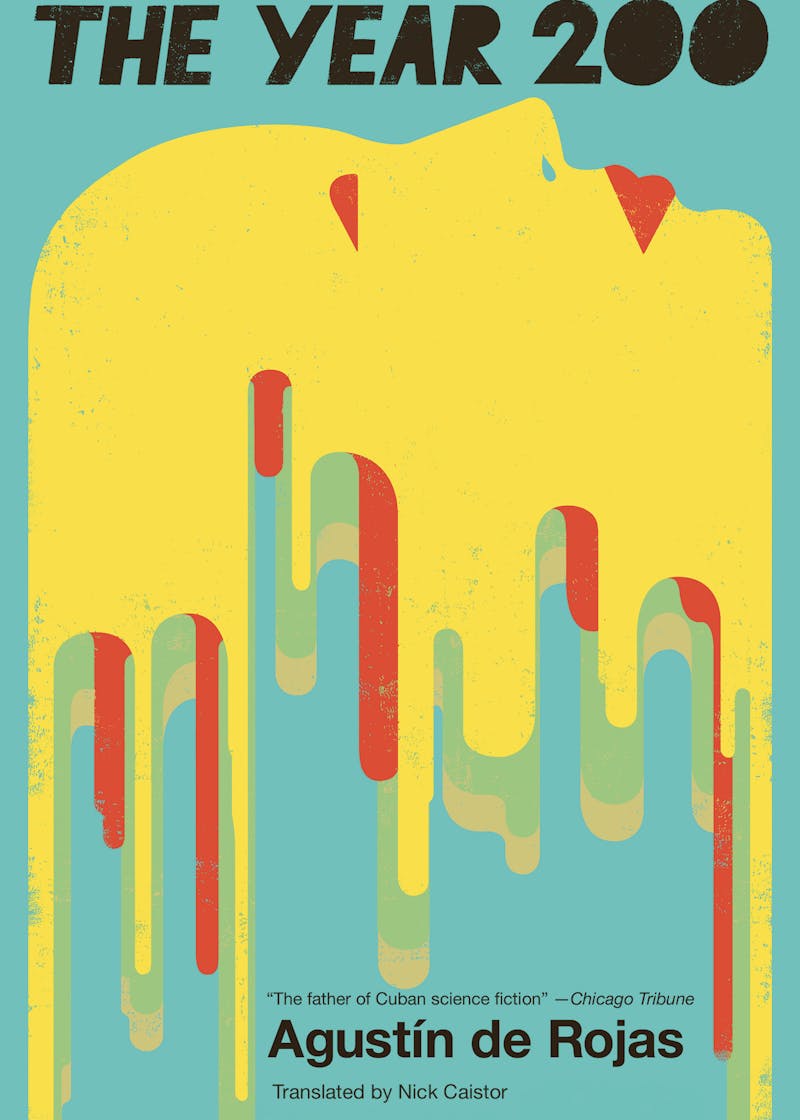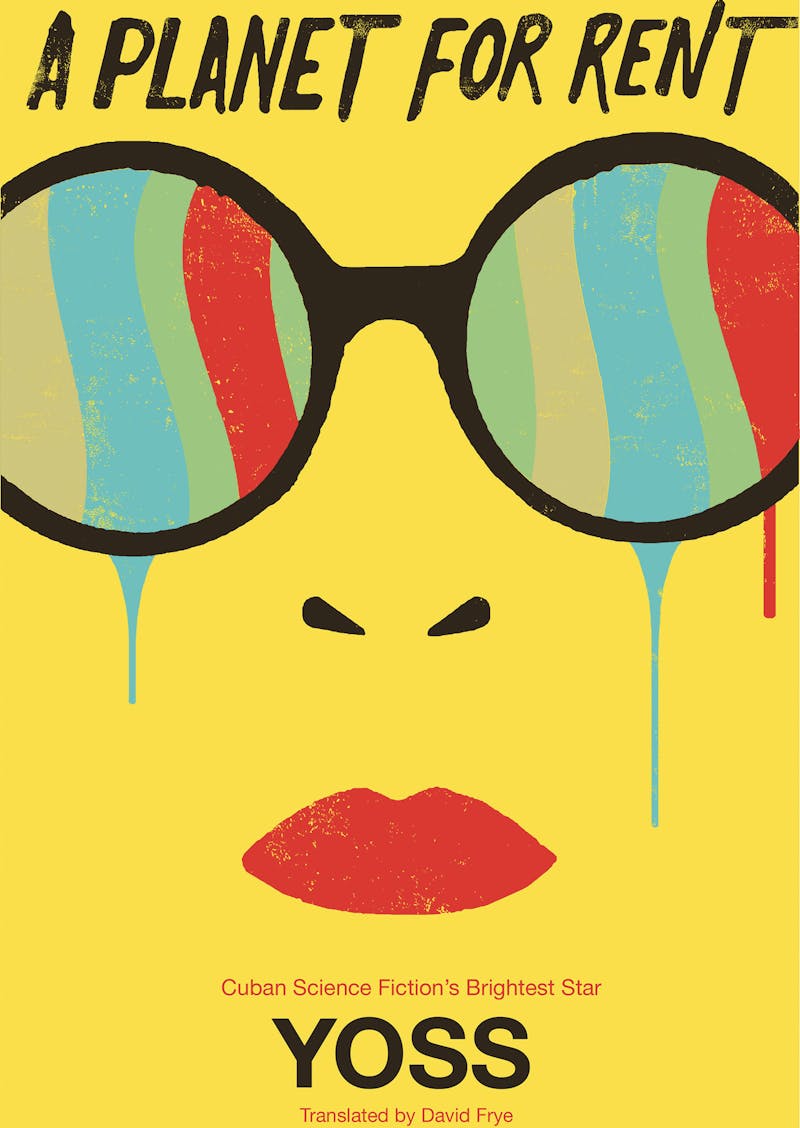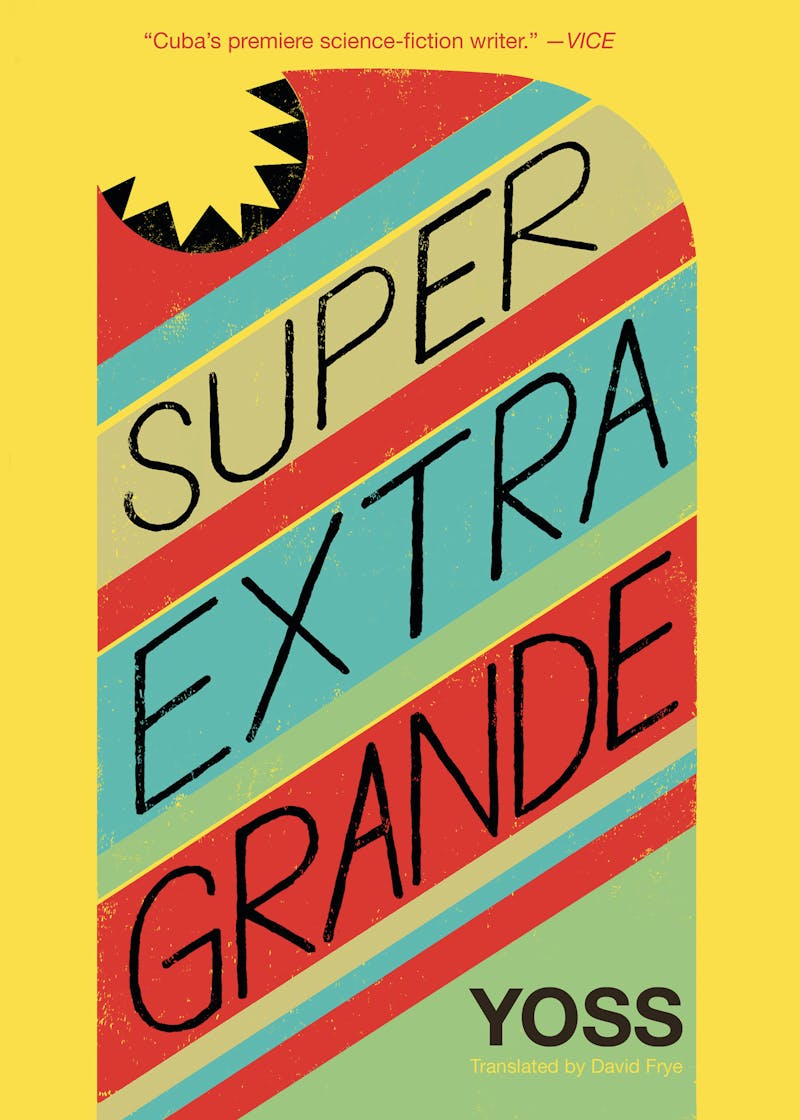
On October 30, 1937, at the Third Eastern Science Fiction Convention in Philadelphia, a bucktoothed writer named Donald Wollheim—who would later become the twentieth century’s foremost editor of science fiction and fantasy, publishing both Edgar Rice Burroughs and William S. Burroughs—stood up in front of a roomful of fans and announced, “The Science Fiction Age is over.” Reading a manifesto written by his friend John Michel (who stuttered too badly to read it himself), Wollheim went on to dismiss as mere escapism all the stories about rocket ships and ray guns and bug-eyed Venusian monsters that filled the pages of Amazing Stories, Astounding Science Fiction, and other pulp magazines. The world was in crisis, Wollheim pointed out. The Republicans were fighting for their lives in Spain, fascism was ascendant in Italy and Germany, and it was time for science fiction to do something about it. “Therefore,” Wollheim concluded,
be it moved that this, the Third Eastern Science Fiction Convention, shall resolve that science fiction should by nature stand for all forces working for a more Utopian existence, the application of science to human happiness, and a saner outlook on life.
The resolution was voted down, twelve to eight. But the idea Wollheim had introduced into the genre’s microcosm—that science fiction might serve the ends of present-day politics—outlasted the prewar idealism that inspired it. Well into the 1950s, you could still find American writers who believed science fiction might be the path to a better world. Their belief resulted in brilliant and bitterly cynical novels like Frederik Pohl and Cyril Kornbluth’s The Space Merchants, a send-up of the advertising industry, and Isaac Asimov’s Foundation series, which entertained the comforting dream that human history itself might one day be an exact science. Asimov wasn’t a Communist, but he certainly knew the party’s doctrine: He had belonged for years to the Futurian Society, Wollheim and Michel’s rabidly political group of aspiring science fiction writers, many of whom were also members of the Young Communist League.
Like American cars of the 1950s, Foundation’s stately future feels dated now; but like the cars, it found an enduring afterlife in postrevolutionary Cuba. Fidel Castro’s socialist island state was a utopia, at least in aspiration: Everyone who lived there was meant to be “working for a more Utopian existence,” as Wollheim had put it. Even as science fiction writers in the United States moved on, to inner space and cyberspace and apocalypse, their Cuban counterparts continued to dream of saner lives and better worlds. In new translations of their novels, two preeminent Cuban writers—Agustín de Rojas and his protégé, José Miguel Sánchez, who writes under the pen name Yoss—imagine radical futures for their homeland. Their visions raise an interesting question: If you already live in a utopia, what does a better world look like?
The first science-fictional event that took place in Cuba was probably the arrival, in October 1492, of the Niña, the Pinta, and the Santa María, bringing with them an alien civilization that possessed advanced technology, an incomprehensible language, and its own economic and scientific interests. The island’s inhabitants long felt that a better world would be one free from Spanish influence: The first Cuban science fiction novel, published in 1920, was about a group of freedom fighters who win the island’s independence by diverting the Gulf Stream, bringing about catastrophic droughts in Spain.
After the 1959 revolution, Cuban writers experienced a period of imaginative euphoria in which anything seemed possible: To cite just one example, Oscar Hurtado, the so-called “father of Cuban science fiction,” took bits of Edgar Rice Burroughs and H.P. Lovecraft, mixed them with Caribbean magic realism, and wrote La Ciudad Muerta de Korad (The Dead City of Korad), a Martian chronicle in verse. But after 1968, when Castro moved firmly into the Soviet camp, such imaginative play was denounced as “counterrevolutionary poison.” Escapism was no longer an option.
What followed, as you might imagine, was no fun. Soviet advisers arrived in Havana by the thousands to remake Cuba in the image of a Stalinism for which the ussr itself was beginning to lose enthusiasm; for years, all fantastic literature was banned. When restrictions on publishing were finally eased in the late 1970s, Cuban science fiction was expected to idealize the “new socialist man,” whose characteristics were “ideological conviction, courage, intelligence, willpower, patriotism, respect for women, self-sacrifice.” Two kinds of science fiction writers emerged in Cuba in the 1970s and ’80s: Those who paid lip service to national ideology while smuggling Han Solo—worthy cargoes of subversive, fantastical ideas into their books, and those who believed that Castro’s Brezhnev-themed socialism was working.


Agustín de Rojas belonged to the latter camp. A trained biologist who later became a professor of theater history, Rojas never left the country, but his imagination wandered far afield. He translated Isaac Asimov into Spanish, read Ray Bradbury, and aligned himself with the Soviet science fiction writers Ivan Yefremov and Arkady and Boris Strugatsky. According to a contemporary, he was “brave, caring, punctual, and grateful.” From his novels, one gets the sense that he must also have been very strange.
Two of Rojas’s novels have now been translated into English: A Legend of the Future (1985), and The Year 200 (1990). Both are set in a Star Wars–like universe in which the (good) Federation is at war with the (evil, naturally) Empire. A Legend of the Future concerns the Federation spaceship Sviatagor, which is struck by a meteorite while on an all-important test run to Saturn. As the ship fails, its cosmonauts must work together, not to save themselves but to return their ship—and the ideals for which it stands—safely to Earth. Rojas’s characters often sound like exposition-delivery systems: “The bio-computer was on the point of completely disintegrating,” one crew member reports, “but I was in time to readjust its homeostatic system and isolate the damaged area.” But these stiff moments are set off by warm descriptions of the cosmonauts’ training, and of their incorporation into “cosmogroups,” little collectives that abound in human feelings: desire, jealousy, regret, hope.
As A Legend of the Future goes on, you get the sense that when Rojas talks about the Sviatagor, he is talking about Cuba. The great Communist experiment depends on this ship-shaped island, which must complete its mission despite the structural damage to its hull, the failure of its radio transmitter, and the alarming possibility of subversion from within. The only hope, Rojas suggests, lies in remembering the joys of companionship, the thrill of populating your inner space with the images of the people you love, so you no longer have to worry about being alone—or about killing your fellow crew members if they deviate from the plan. The novel vibrates with tenderness—or is it paranoia? Either way, Rojas is on a mission of his own.
When A Legend of the Future was published in 1985, Cuba was at the height of its postrevolution prosperity, buoyed by Soviet sugar subsidies and oil discounts. That was about to change: Under Mikhail Gorbachev, the USSR made clear that it would phase out the aid that had kept the Cuban state afloat. But in his epic novel The Year 200, Rojas’s belief in the Cuban utopia does not waver. Two centuries have passed since the Federation defeated the Empire, and now the Empire has prepared its revenge in the form of robotic sleeper cells that implant the personalities of its spies and torturers into the bodies of innocent Federation citizens. It’s like Invasion of the Body Snatchers, but with the political polarities reversed.
As you read The Year 200, you can’t help rooting for the Federation: It’s a peaceful place, where engineers labor to turn popular films into amusement parks, and everyone lives more or less in accord with the designs of the computerized Central Archive. There’s even room for the “primitives,” who emulate the squalid but conflict-rich lives of prehistoric humanity, and the “cybos,” whose cybernetically enhanced brains give them mysterious powers. There are hopping machines and flying carpets, too, but mostly there are people: mothers and sons, doctors and patients, lovers, friends, enemies, all whirling through the narrative with theatrically perfect timing.

As the novel builds to its intensely satisfying conclusion, though, it becomes less and less clear that Rojas really trusts or values humanity, which he sees as unalterably capable of fear and doubt, selfishness and betrayal. Over the course of the narrative, it becomes clear that Rojas is looking back at his readers from the perspective of a hypothetical future in which human fallibility has been overcome—and the Federation is finally on solid ground. This is utopia, for Rojas: A perfect place would inevitably be ruined if human beings lived there. His poise is professorial, but his moral ambition is so great as to be almost alien. At the same time, it’s profoundly touching. Who but a human would entertain such a dream?
To say that Cuban history did not go in the direction of Rojas’s vision would be a cruel understatement. When the Soviet Union finally collapsed, it nearly took Cuba with it. Deprived of its sugar subsidies, the island’s GDP plunged by 14.9 percent in 1993. To save his nation, or at least his government, Castro inaugurated the catastrophic Special Period in Peacetime, in which food, oil, electricity, and even clothing were rationed, and urban workers were sent into the countryside to grow crops. To bring in much-needed hard currency, Castro opened the island to foreign tourism; the Spanish, French, and Canadians rushed in to buy hotels and organize package vacations. Cuba’s splendid otherworldly isolation was at an end. Its new landscape featured well-stocked “dollar shops” (and bare shelves everywhere else), schools without books, hospitals without medicine, and hotels besieged by prostitutes. Cubans were allowed into their nation’s hotel rooms only when accompanied by foreign visitors.
This lopsided poverty gave rise to its own kind of science fiction, exemplified by the writing of Yoss. Like Rojas, Yoss trained as a biologist; unlike Rojas, he has managed to support himself as a writer—although he also teaches writing workshops and sings in a heavy-metal band. He looks like a heavy-metal singer, with long hair, big arms, a bandanna, and a black leather vest. (In contrast, Rojas—frail, saintly, and bearded—might have been played, in a more just universe, by an aging Robin Williams.) Where Rojas was an ascetic, Yoss is a cynical delinquent, a scofflaw, and a punk. A Planet for Rent, which collects short stories he wrote in the 1980s and ’90s, is about gladiators and criminals, crooked cops and athletes and self-taught scientists, all of whom are trying to make a quick buck from the alien tourists who sustain Earth’s economy: armored Colossaurs, sexy Cetians, and insectoid “grodos,” who treat their human consorts wonderfully, up to the point where they implant them with eggs that will explode, Alien-like, out of the consorts’ abdomens. The humans dream of leaving Earth on the wings of their talent, if they have any, or in a jury-rigged spacecraft. As one of the narrators says: “Exodus. Escape. Today that is every human’s obsession. Running away, forever if at all possible, from the parched, subjugated, defeated, sterile, sick Earth.”

It’s clear that Yoss is writing about Cuba in the Special Period. What may be less clear is the extent to which his stories belong to a not especially Cuban tradition of science fiction: cyberpunk, a gritty subgenre typified by William Gibson’s 1984 novel Neuromancer. Among its hallmarks are improvised technology, colorful petty criminals, sex for money, and mind-altering drugs, and A Planet for Rent ticks all those boxes. Seeing them ticked is a little disappointing. It’s true that, as Yoss himself has remarked, science fiction participates in intertextuality with unself-conscious abandon; it is “a genre with a great deal of feedback, almost impossible to write if you have not read much of it, and even more impossible to enjoy.” It’s also true that an American reader who expects Cuban science fiction to be wildly novel is probably guilty of whatever the Caribbean version of orientalism is. (OK, so this reader pleads guilty.) But the disappointment remains. In their noirish swagger, their cynicism and black humor, Yoss’s stories read like a 1990s version of the future, in a way that Rojas’s novels—even though they’re more clearly from another, earlier era—don’t.
What is novel in A Planet for Rent, at least for American readers, is the outrage, sheer pain, and awfulness of the future. One of the stories concerns an artist who stages his own grisly dismemberment over and over, night after night, to earn enough money that he never has to go home to Earth; in another, the narrator remarks that “even the descendants of those pessimistic science fiction writers have stopped imagining and writing, overwhelmed by the dizzying madness of reality.”
As Cuba opens more and more to American business, the oft-expressed concern is that the island will lose the characteristics that made it singular for nearly three-quarters of a century. The old cars will finally fall apart, and new ones will roll off the lots. The citizens of Havana will get to fritter away their free time on Facebook and Pinterest. Sooner or later, Cuba will be like every other place—and, thanks to globalization, lots of other places will be like Cuba, too: paradises into which the rich can parachute; grim purgatories for the rest of us. Before long, we’ll all feel Yoss’s outrage, and we’ll write stories about it, or just give up.
Yoss has kept writing. His latest novel, Super Extra Grande, concerns a biologist who specializes in extra-large organisms. There’s a lot of humor in its supersized cosmos: The first interplanetary spaceship unfurls a banner that reads, SUCK ON THIS, DUMB-ASS GRINGOS! Super Extra Grande is fun to read—and yet, absent the desperation of the stranded earthlings who populate A Planet for Rent, it feels slight, not entirely unlike the escapist pulp that U.S. science fiction writers churned out in the middle of the last century.
Rojas, on the other hand, gave up. After the collapse of the Soviet Union, he stopped writing science fiction. He published a last novel, El Publicano, about Christ’s disciples, in 1997, then fell into the dizzying madness of Cuban history. He spent the final years of his life trying to persuade people that Fidel Castro did not exist. Why? Did he wish that Castro had never been? Or did he somehow imagine that a nonexistent—and therefore inhuman—leader would do more justice to the ideals of the revolution?
We’ll never know. Rojas died in 2011 of self-inflicted malnutrition. Today, as Cuba normalizes its relations with the United States, and life on the island begins to mirror the rest of the world, his vision of the future has become even more compellingly fantastic, more beautifully unreal.